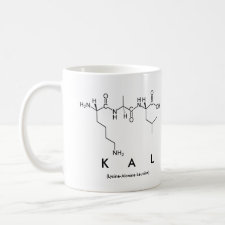
Authors: Piletska EV, Romero-Guerra M, Guerreiro AR, Karim K, Turner APF, Piletsky SA
Article Title: Adaptation of the molecular imprinted polymers towards polar environment.
Publication date: 2005
Journal: Analytica Chimica Acta
Volume: 542
Issue: (1)
Page numbers: 47-51.
DOI: 10.1016/j.aca.2005.01.034
Alternative URL: http://www.sciencedirect.com/science/article/B6TF4-4FF8WNK-2/2/3873def53f544ab1400da161d7c3b6b9
Abstract: A new simple method for the post-polymerisation treatment of molecularly imprinted polymers was proposed. A layer of mineral oil was deposited onto the surface of the polymer in order to create a hydrophobic environment in the binding sites and to improve the recognition properties of the polymer in polar solvents. The testing of polymers performed in acetonitrile showed that the modified polymers possessed significantly increased selectivity as compared with non-treated ones. The three-fold improvement of recognition of the template (cocaine) was achieved; the same time, for non-specific molecule (morphine) the improvement was only 1.3 times. The investigation of the stability of mineral oil coating on the polymer surface suggested that the effect produced is stable over a long period of time. This approach could be used to broaden the range of experimental conditions where molecularly imprinted polymers can perform successfully
Template and target information: cocaine
Author keywords: molecular imprinting, molecular modelling, Mineral oil, Cocaine, chromatography



Join the Society for Molecular Imprinting

New items RSS feed
Sign-up for e-mail updates:
Choose between receiving an occasional newsletter or more frequent e-mail alerts.
Click here to go to the sign-up page.
Is your name elemental or peptidic? Enter your name and find out by clicking either of the buttons below!
Other products you may like:
 MIPdatabase
MIPdatabase









